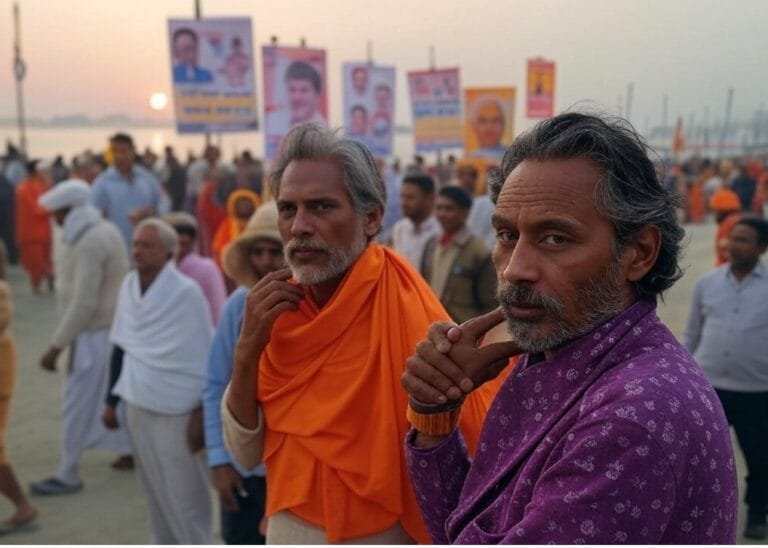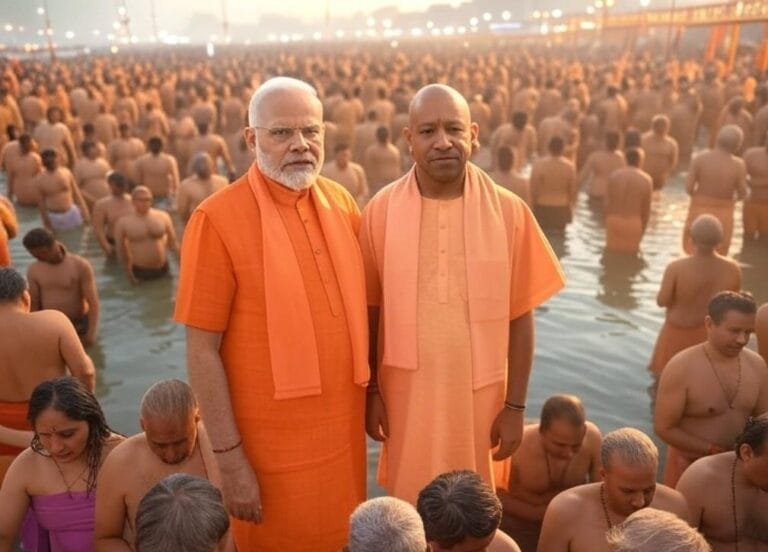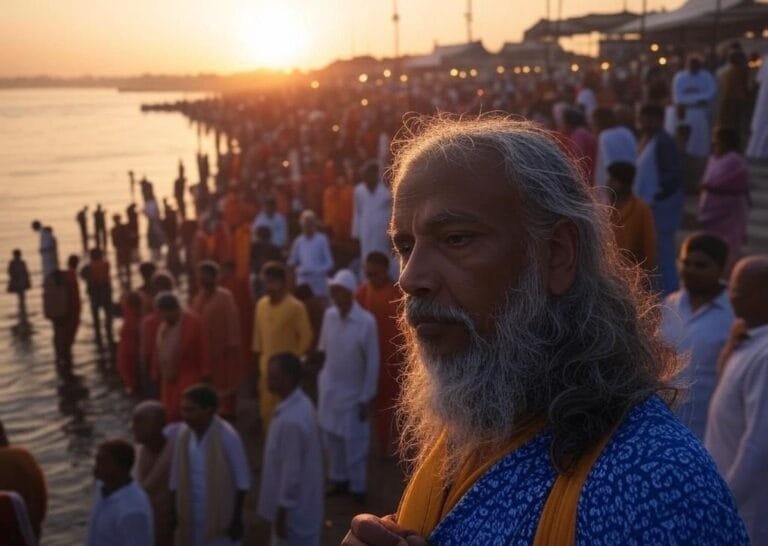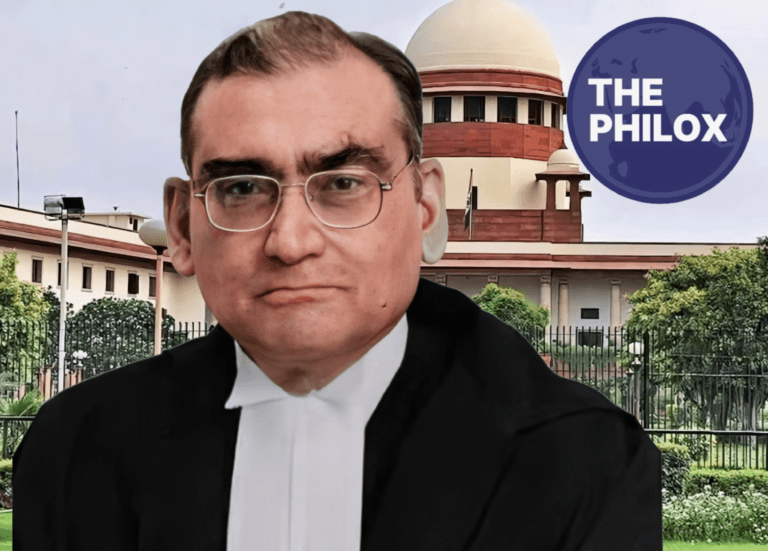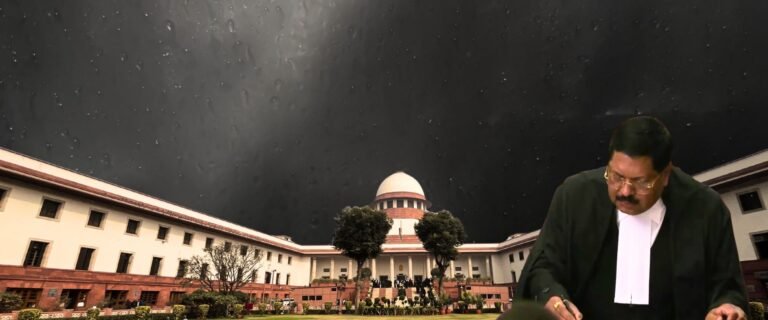Justice Markandey Katju, a former Supreme Court judge and native of Allahabad, where the Kumbh Mela is...
Kumbh Mela secularism
Justice Markandey Katju criticizes the Kumbh Mela 2025 in Allahabad, scheduled from January 13 to February 26,...
The Kumbh Mela, a significant Hindu religious gathering, is set to begin in Prayagraj from January 13...
